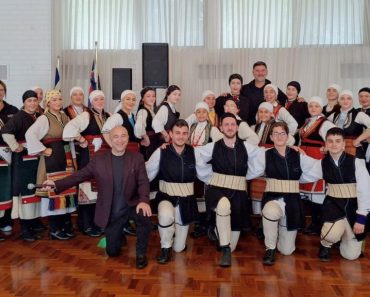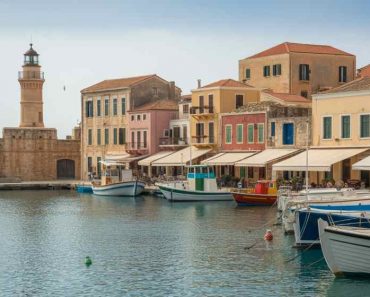The funeral of songwriter Dionysis Savvopoulos will be held on Saturday at the First Cemetery of Athens, at public expense.
The relevant Joint Ministerial Decision was signed by the Ministers of National Economy and Finance Kyriakos Pierrakakis, Interior Thodoris Livanios, and Culture Lina Mendoni, as well as the Deputy Minister of National Economy and Finance Thanos Petralias.
Dionysis Savvopoulos passed away at the age of 81. In recent days, following a deterioration in his health, he had been hospitalized. He had been fighting cancer since 2020.
In a post on his official Facebook account, his family wrote yesterday:
“Our beloved husband, father, grandfather, and songwriter passed away on Tuesday, October 21, 2025. Details about his farewell will be announced in the coming hours.
His wife: Aspa.
His children: Kornilios, Romanos, and Angelia.
His grandchildren: Dionysis and Andreas.”
Who was Dionysis Savvopoulos
Dionysis Savvopoulos — affectionately known as “Nionios” — left an indelible mark on an entire era of Greek music.
He was born in Thessaloniki on December 2, 1944, to a family with roots in Constantinople and Philippopolis (Plovdiv).
In 1963, he moved to Athens, abandoning his law studies at the University of Thessaloniki to devote himself to music.
He quickly found success as a musician and became one of Greece’s most beloved songwriters. His work uniquely combined American folk influences—such as those of Bob Dylan—with Macedonian folk music and politically charged lyrics.
His career began in 1964, and he remained politically active throughout, performing alongside Maria Farantouri and Manos Loizos.
During the Greek military junta, he was imprisoned twice—in August and September of 1967—for his political beliefs.
Savvopoulos wrote songs that were political, romantic, and often satirical. In 1986–1987, he hosted the television program “Long Live Greek Song” (Ζήτω το ελληνικό τραγούδι).
Most of his songs were both written and composed by himself.
He was married to Aspasia Arapidou (affectionately known as Aspa from his songs and performances) and had two sons, Kornilios (b. 1968) and Romanos (b. 1972), as well as two grandchildren, Dionysis and Andreas.
Coming from a family rooted in Asia Minor and the Balkans, Savvopoulos grew up in a Greece undergoing profound social and political transformation—something that deeply shaped his art.
Although he began law school, his passion for music quickly prevailed. From his early days in Athens in the 1960s, he conquered the Greek music scene by fusing Greek tradition with international trends.
His music reflected the social and political turbulence of his times. His imprisonment inspired songs such as “Demosthenes’ Words” (Δημοσθένους λέξις). Albums like “To Fortigo” (The Truck), “To Perivoli tou Trelou” (The Madman’s Garden), and “Rezerva” (Reserve) were sharp commentaries on Greek society and politics.
Savvopoulos was not just a singer or composer — he was an iconic figure in Greek music, whose influence continues to resonate.
He collaborated with many great artists, both Greek and international, and had a remarkable ability to merge diverse musical styles.
His 1997 album “Xenodoheio” (Hotel) stands as one of his hallmark works, and his music continues to receive international recognition.
His live performances were legendary — full of storytelling, humor, and emotion — making him beloved across generations.
In summer 2024, he was honored at Rockwave Festival in Malakasa for his life’s work, in one of the festival’s most memorable performances of the decade.
In the final decade of his life, Savvopoulos continued to surprise audiences with new works and appearances. In 2025, he presented his book “Because the Years Flow Freely” (Γιατί τα χρόνια τρέχουν χύμα) at the Megaron Concert Hall, and made his last public appearances at the Benaki Museum and Rockwave Festival.
Dionysis Savvopoulos remains an unmatched figure in Greek song — his legacy will forever live on in the hearts of the Greek people.
Ask me anything
Explore related questions







